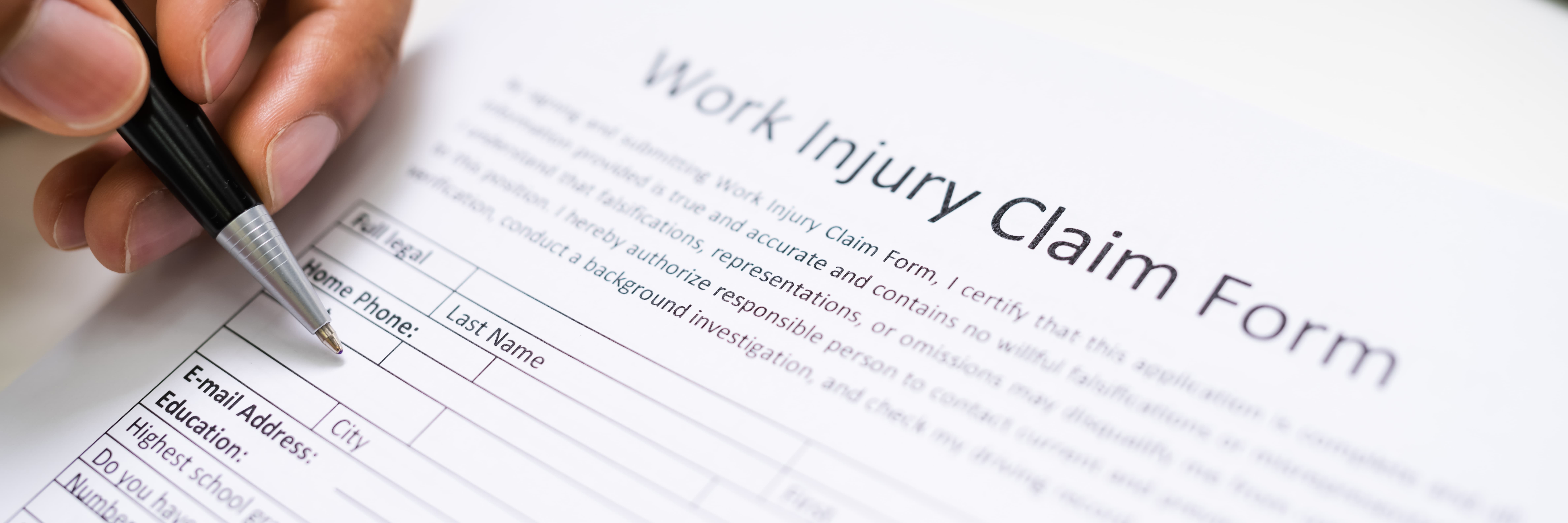Should I Go to Trial in My Colorado Personal Injury Case?

If you’re involved in a personal injury case, you may have to make a decision about whether to settle your case or go to trial. It’s a big decision, and the choice you make can completely change the outcome of your case. How do you know if you should go to trial in your Colorado personal injury case? Here’s what you should know from our team of personal injury lawyers.
Should I Go to Trial in My Colorado Personal Injury Case?
Whether you should go to trial in your Colorado personal injury case depends on several factors. If your case is very strong considering all of the relevant issues, and the other side simply doesn’t want to pay you what you deserve, you should go to trial.
In other cases, if there are complex issues and there’s a significant chance that you might come away with nothing if you go to trial, you should settle your injury case.
How to Decide Whether to Take Your Colorado Personal Injury Case to Trial
To determine whether you should go to trial in your Colorado personal injury case, you need to examine the likely outcome of the case. The strength of the evidence, whether the law is clearly on your side, and anything else that may impact your likelihood of winning at the trial all factor in. If there’s no reason you shouldn’t do well at trial and the other side just isn’t willing to make a fair offer, it makes sense to go to trial.
However, when there are complex issues that make the outcome of a trial uncertain, it may make sense to settle your case. If there are genuine factual issues and you’re not sure what a jury might decide, it may be in your best interests to resolve the case if the other side makes a reasonable offer. You want to see if the other side makes an offer within the range of possible outcomes in court.
You also want to account for how much risk is involved in taking the case to trial as well as the expenses involved in conducting a trial. Even the defendant’s ability to pay a judgment is something that you should take into account. All things considered, if the other side offers you an amount that’s in the range of possible trial outcomes, you should seriously consider settling the case. If they don’t come to the table with a fair settlement, you want to try the case.
Chances of Winning a Personal Injury Lawsuit
Your chances of winning a personal injury lawsuit depend on several factors, including:
- The laws in your state
- How well the facts in your case meet the grounds for liability
- The strength of the evidence you have to present at trial
- Witness credibility
- Complex legal or factual issues that may confuse the jury
- Your ability to present a clear case and make sound legal arguments to the jury
- Whether there is a question of comparative negligence
- The makeup of the jury that decides the case
- How the judge rules on preliminary issues
Each personal injury case is one of a kind. There’s no way to judge your chances of winning your case without taking into account all of the relevant factors. An experienced personal injury lawyer can help you understand the many complex issues that are present in determining your chances of winning your injury settlement. Ultimately, an attorney with personal injury experience with the court and judge presiding over your case can give you the best evaluation of the chances of winning your case.
What Percent of Personal Injury Cases Go to Trial?
About two percent of personal injury cases go to trial. Nearly all injury cases resolve through other means like settlement or dismissal. The legal process allows litigants to resolve their cases through formal discovery and alternative dispute resolution. While 98 percent of cases reach a resolution before trial, two percent are decided by a judge or jury in a formal trial.
Do Personal Injury Claims Go to Court?
Personal injury claims don’t go to court in the sense that most personal injury claims don’t go to trial. Most cases resolve by some means other than a big, formal trial. However, a personal injury claim is an official legal claim that’s filed with a court.
There may be court hearings that are not a formal trial like a preliminary motion, status conference, or settlement conference. Most personal injury claims only go to court for preliminary matters. Usually, they resolve before the trial date.
Why Are Most Civil Cases Settled Before They Go to Trial?
Most civil cases are settled before they go to trial because the legal system affords each party the opportunity to narrow the issues and work towards resolution before the trial date. Through the discovery process, the parties have the chance to learn about the strength and weaknesses of their case. With information freely shared between parties, each litigant has the opportunity to understand the actual value of the case.
In addition, the legal system usually requires the parties to participate in alternative dispute resolution [1]. Both sides go through a process called mediation with a trained professional who helps them constructively discuss settlement options. Between learning the value of the case and participating in settlement negotiations, the parties have the information that they need and a constructive forum to resolve their case.
Advice for Whether to Take Your Colorado Personal Injury Case to Trial
Ultimately, whether to take your Colorado personal injury case to trial is a complex question. With so many factors involved in making the decision, it’s impossible to reduce the question down to a simple checklist or point system. You have to consider balance all of the many factors involved to make the best decision.
Our Colorado Personal Injury Attorneys
It’s up to each personal injury victim to decide whether to take their case to trial. However, you can rely on the experienced Colorado personal injury attorneys at Bachus & Schanker, LLC to help you make the best possible choice. Our legal experts have helped thousands of people make the right decision.
The many cases we’ve handled give us the experience and insights that you need as you evaluate whether to take your case to trial. We can assist you in assessing your case to help you choose the best option for you. Contact us today for your free consultation.
Sources
[1] Colorado Bar Association. What in The World is ADR? Retrieved 1 October 2019 from https://www.cobar.org/For-the-Public/Legal-Brochures/What-is-ADR






